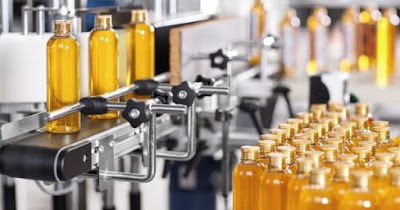There are several different factors to consider before deciding upon product packaging materials. Will your packaging be sustainable? How important is protective packaging to your product? Should your product avoid contact with certain materials? Each of these considerations significantly impacts what materials a business should use for its merchandise. In this blog, we'll discuss the best materials to use for product packaging with these factors considered.
Cardboard
One of the best materials to use for product packaging is cardboard. There are many reasons why this material continues to be the most popular option for most businesses. For example, cardboard is an easily recyclable and sustainable material. Companies aiming to create eco-friendly product designs can rely on cardboard as a widely accepted and simple packaging material.
Cardboard is also highly flexible and able to hold products with heavier volumes.
Aluminum
If your business is searching for more protective packaging for its products, then aluminum may be the best material to use. Aluminum is a highly protective and non-porous material that is commonly used to contain liquids and medical equipment. Similar to paper, aluminum is also an easily recyclable option for businesses trying to implement eco-friendly packaging.
Aluminum also protects products from external hazards such as sunlight and moisture. The robust quality of this metal makes it the ideal packaging for businesses with products stored in environments with more external elements.
Glass
Glass is one of the many growing product packaging trends. Glass has several advantages and disadvantages as a product packaging material. First, glass has become more popular because of its recyclability. Glass can be 100-percent recycled and reused without affecting the quality of containers, making it ideal for businesses looking for an easy transition to more sustainable packaging.
The non-porous surface of glass also makes this material popular for safely storing food products. While some plastic materials may leak chemicals or damage the quality of foods, glass is chemical-free. However, the disadvantage of this material is its higher fragility. Since glass is more breakable, businesses should consider whether glass is the best match for their product.
The materials of a company's merchandise packaging play a major role in how customers perceive a product. To ensure the best interactions with your customers and maintain the highest-quality designs, consider the materials above to find the best-suited packaging.

